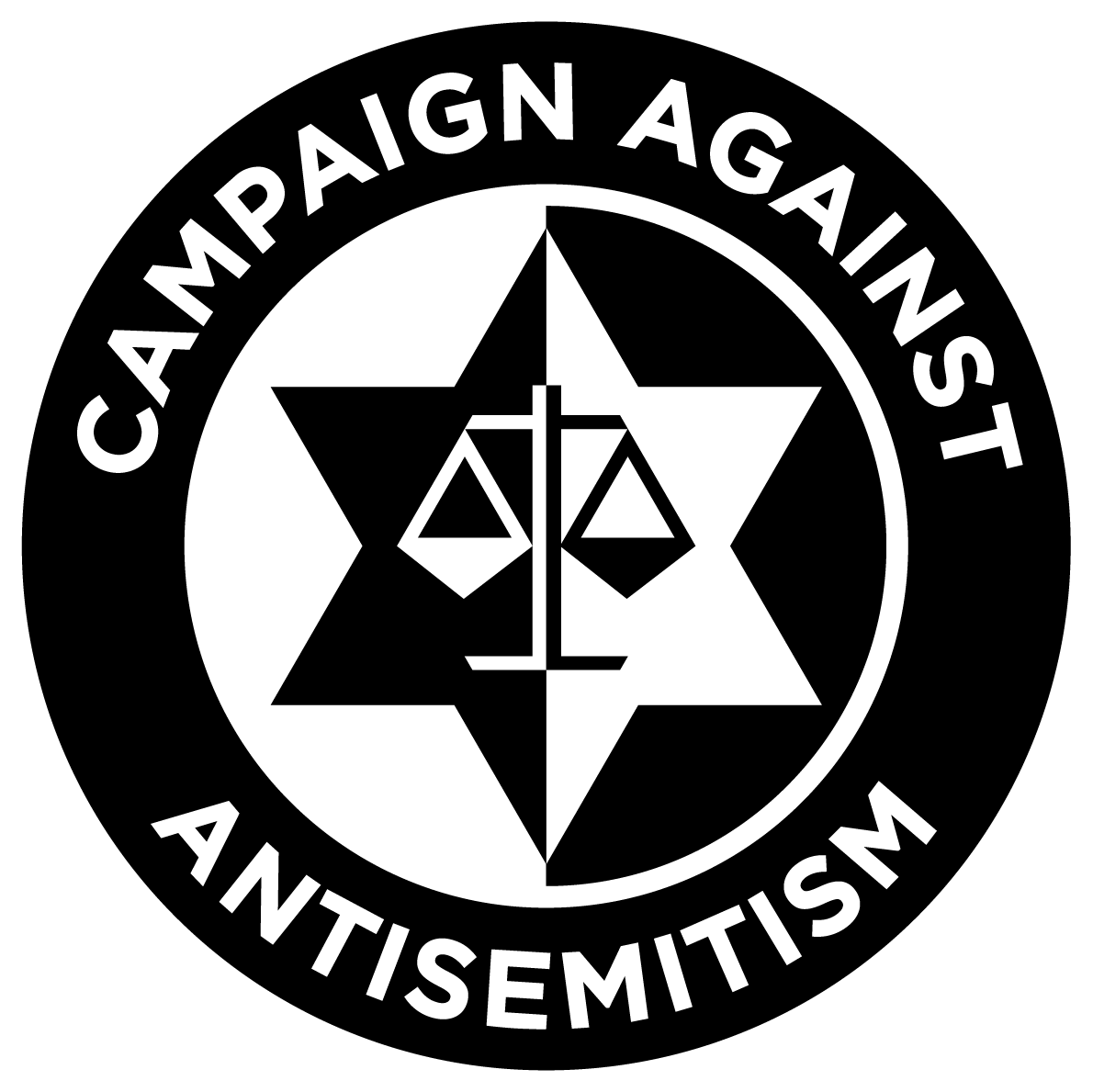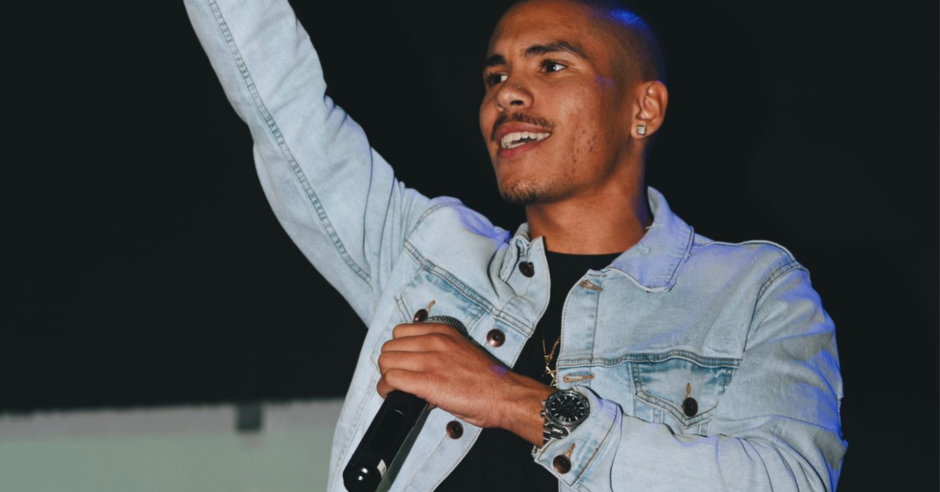“Why should I have to change everything about myself?” Jewish rapper Westside Gravy on refusing to cower to antisemitism and anti-Black racism
Westside Gravy, a rapper and producer who uses his music to address antisemitism, appeared on the most recent episode of Podcast Against Antisemitism where he spoke candidly about the discrimination he faces, and his refusal to back down from it.
“A lot of times, there’s a conversation about the talk that Black parents have with their Black children regarding how to interact if you’re getting profiled or harassed by anyone, really, but especially people talk about it when it comes to issues of police brutality,” the rapper said. “And there’s also a similar thing that to do with being Jewish, publicly identifying as Jewish.
“There’s times that I’ve been harassed and had things yelled at me for being identifiable as a Jewish man,” he revealed. “You should be able to go out and not hide aspects of your identity that are immutable…you can’t change them, you can’t hide them, or else you’re hiding a part of yourself. And at the same time, it’s about being conscious of whatever situation you’re in.”
The California native, who now lives in Israel, broke down the meaning behind some of his lyrics. In his song, Wish You Would 2, he raps: “Why do I gotta be the one to pay the price and change my life? It just ain’t right to trade my sight and see myself through hatred’s eyes.”
“There’s a couple times I’ve written lines, I’m like ‘This sums up everything I’m trying to say,’” he explained, before delving into the theory of “double consciousness”.
He explained: “There’s this idea that originated, even talking specifically about the Black experience, that if you’re walking around, you have to be conscious not only of who you are as a person but also how you’re perceived…I get perceived as all sorts of things just because of stereotypes, unfair stereotypes of other people.
“I was trying to play on that, and at the same time, humanise what it means to be a Jewish person because I’m speaking from a first-person perspective of ‘Why should I have to change everything about myself?’”
The rapper went on to explain that he feels that “when we have these stereotypes put on us, they’re not as a result of someone’s individual thought. They’re a result of a whole, huge movement of hatred against our people, that infects a bunch of people to hold these stereotypes and negative prejudices against us.”
Wearing a kippah (skullcap) is important to Westside Gravy, as he states: “I’d always wear a kippah when I was going to synagogue, or praying, or at Shabbat, and I started to do it on a daily basis.”
He explains that he never wears his kippah as a means of spiting antisemites, but more so because “it doesn’t feel right for me to change that or to hide it about myself, because it’s a part of me the same way as anything else you see about me – my skin colour, my hair texture, my facial features – are a part of me.”
The musician, however, is certainly not afraid of antisemites, even going so far as to mock them in his song Benjamins Baby, a reference to Congresswoman Ilhan Omar who previously suggested that Jewish people buy political support when she tweeted “It’s all about the Benjamins baby”, referencing a song about a $100 bill and AIPAC, a pro-Israeli lobbying group.
The satirical song, in which the rapper subversively embodies the character of the antisemitic stereotype of a powerful Jewish politician, also references former KKK leader David Duke and the antisemitic hate preacher, Louis Farrakhan.
The song was written following Westside Gravy’s witnessing of how politicians would blame the opposite parties for committing acts of antisemitism, whilst wilfully ignoring it when it occurred in their own movement.
“It’s very irresponsible to not recognise the fact that antisemitism is not a political movement. It’s not something that’s tied to a political party or a political ideology, it’s a form of hatred that infects all sorts of different political leaders,” he said. “Look at someone like David Duke, who is on the far-right. Look at someone like Louis Farrakhan who, though his values are not congruent with actual, left-wing values, is often praised by people on the far-left.”
Westside Gravy astutely observed that “the things that they say about Jewish people – ‘Jewish extremist Zionists’ – are identical. The dehumanisation is identical. The tropes that they use about Jews and money, whether it’s from the right wing or the left wing, are identical tropes.
“It’s important for us as Jewish people to recognise that our civilisation, our culture, our history, predates all these political parties that are trying to blame the other side for antisemitism.”
Throughout the interview, Westside Gravy also discussed a variety of other topics including antisemitism in hip-hop, his musical inspirations, and his ability to rap in several languages.
This podcast can be listened to here, or watched here.
Podcast Against Antisemitism, produced by Campaign Against Antisemitism, talks to a different guest about antisemitism each week. It streams every Thursday and is available through all major podcast apps and YouTube. You can also subscribe to have new episodes sent straight to your inbox.
Previous guests have included comedian David Baddiel, television personality Robert Rinder, writer Eve Barlow, Grammy-Award-winning singer-songwriter Autumn Rowe, and actor Eddie Marsan.



